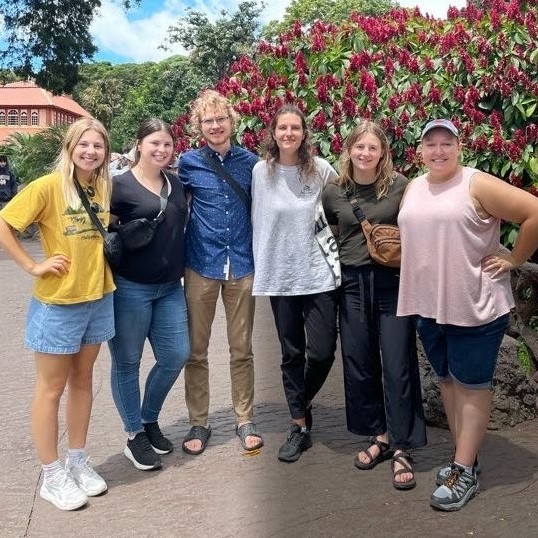
Panama – May 2024
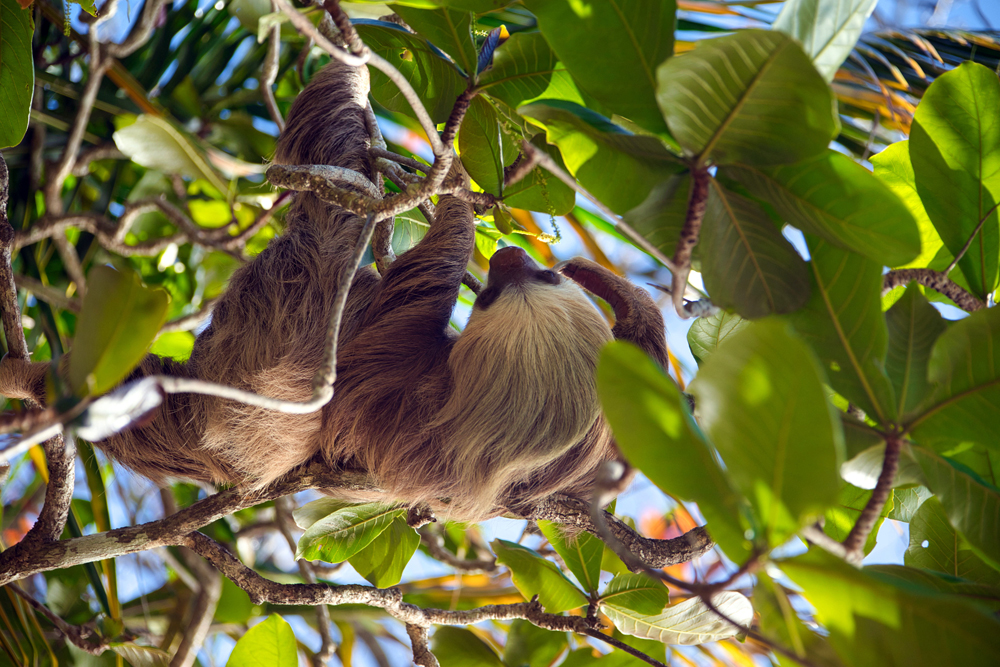
Panama Overview
Panama is an ecological and cultural destination that demonstrates the tremendous tensions and opportunities of a globally important developing nation as a backdrop to explore development and conservation. This course gives students the opportunity to travel and study with Dr. Rachel Krause in Panama during May 2024.
Panama has staggering biodiversity with diverse ecosystem types including tropical rainforests, cloud forests, savannahs, mountain ranges, and approximately 2,850 km of coastline. As an isthmus connecting North and South America when it emerged from the ocean approximately three million years ago, Panama has played a significant role in the evolutionary biology of the Americas, making it a hotspot for ecological research.
Panama also has enormous social and ethnographic diversity. The highly economically developed canal zone (Panama City to Colón) has an international banking sector and import/export activities that oversee trade and transit of many of the world’s goods; however, within 100 km are rural communities where diseases associated with poverty are prevalent and basic infrastructure like potable water and electricity is lacking.
Students will participate in lectures from local scholars and practitioners and class discussions, and will complete a group project over the duration of the trip. Prior to the course they will complete readings to help prepare them with background knowledge for the trip and after returning to Canada they will submit an essay on some of their learning.
All programming will be translated into English so that there is no language requirement to participate.
Academic Overview

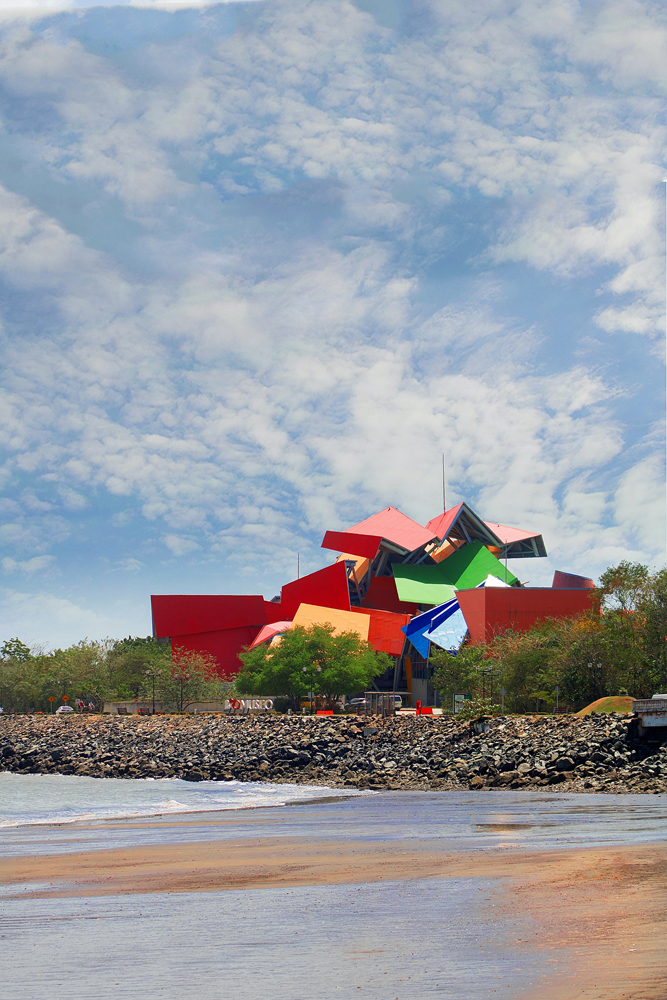
Credits
BIOL/ENVS/IDS-3950 – Healthy Ecosystems, Healthy People: Tropical Development and Conservation
This travel course will explore the intersections between human and ecosystem health, within the context of the ecological and cultural diversity of Panama. Through field trips, invited lectures by local academics and practitioners, readings and discussion, the course will explore topics including tropical ecology, conservation biology, rural development and agriculture, nutrition and health, and Indigenous and women’s rights.
This course may be used to fulfill the following program major requirements:
- Ways of Knowing II or Integrative Studies requirement in common curriculum
- Interdisciplinary Biology requirement in the Bachelor of Science, Biology major
- Optional Course requirement in the Environmental Studies major
- Optional Course requirement in the International Development Studies major
- Can be used in place of BIOL-3510 Conservation Biology in the Environmental Studies major
Prerequisites
BIOL-1010 – The Evolutionary and Ecological Revolution or BIOL-2010 – Introduction to Global Health
Itinerary

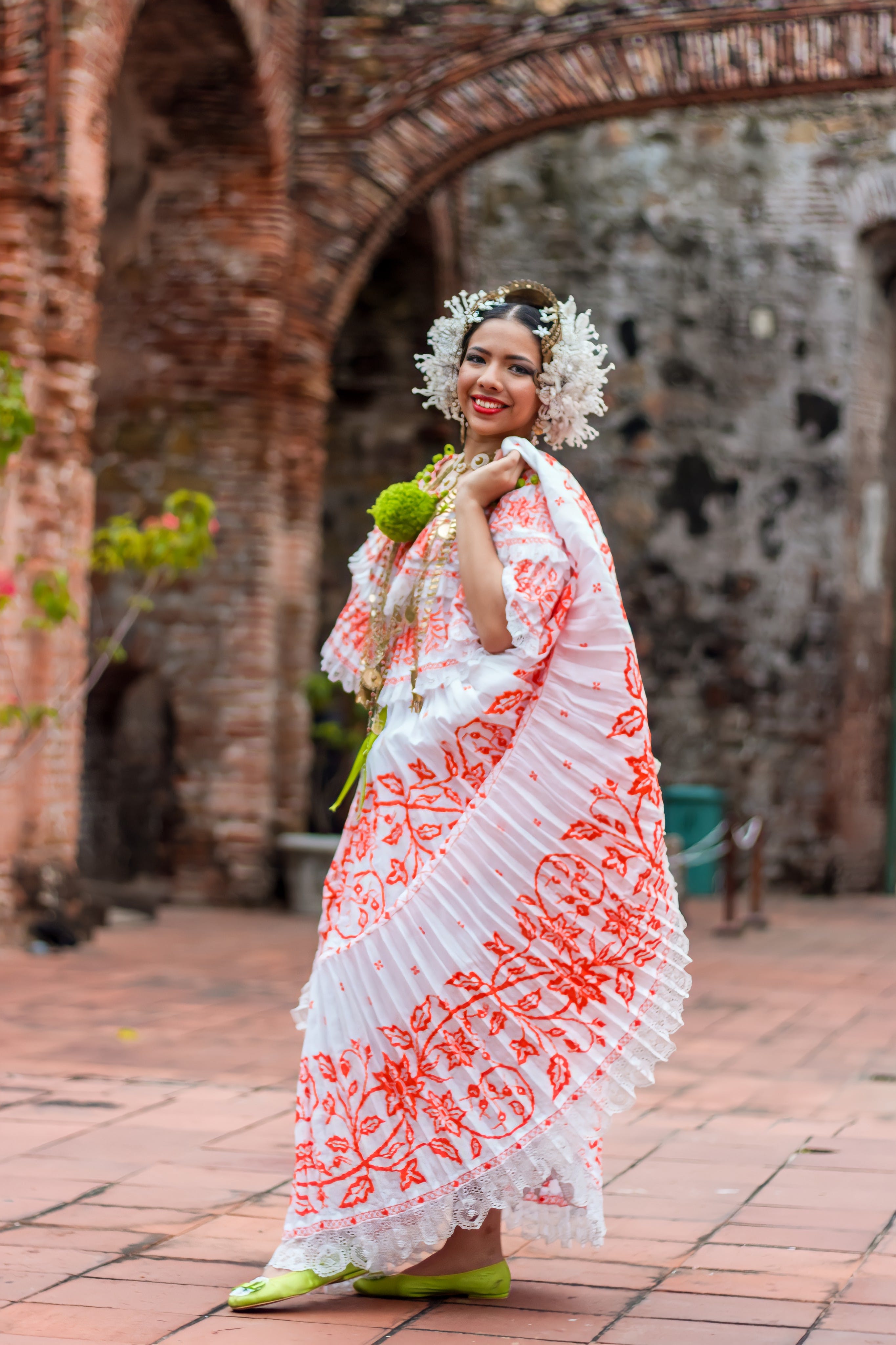
Dates and itinerary subject to change.
- May 5, 2024 – Flight to Toronto. Overnight in Toronto.
- May 6 – Flight to Panama.
- May 7-10 – Panama City. Introduction to Panamanian culture and society through guest lectures and museum visits (Biomuseo, Canal Museum).
- May 11-14 – Gamboa rainforest reserve. Visit to the Smithsonian Tropical Research Institute Field Station on Barro Colorado, hiking and wildlife watching in the rainforest.
- May 15-18 – El Valle de Antón. Hiking in a cloud forest, the Golden Frog endangered species recovery centre, and rural agriculture in Panama.
- May 19-20 – Panama City and nearby Indigenous community.
- May 21-25 – Guna Yala autonomous territory. Snorkeling, kayaking, introduction to Guna Yala and cultural experiences in a Guna village.
- May 26-27 – Panama City. Wrap-up and final presentations.
- May 28 – Return to Canada.
Tuition & Fees

Estamos offers students a rich intercultural education and travel experience at a reasonable cost. The costs below cover the entire student experience, from departure from Canada to return, and everything in between. Canadians and Canadian Permanent Residents will receive up to $5,000 in financial support from Global Skills Opportunity. Canadians and Permanent Residents who identify as low income, having a disability, or Indigenous may qualify for up to $5,000 beyond that, for a total of up to $10,000 in financial support (see notes below). Students will be charged a minimum of $800 to participate in Estamos programming, thus GSO funding will only be awarded up to that point. If that cost is still inaccessible, students may make requests for additional funding to the Director of Estamos.
CMU scholarships and bursaries may be used towards Estamos program costs, excluding the Athletic Merit which will not be awarded for any semester that a student is participating in Estamos. Students may use government student aid and RESPs towards Estamos program costs.
| Estamos Panama Program Costs (May 2024) | ||
|---|---|---|
| Canadian Citizens & Landed Residents | International Students | |
| Tuition | $777 | $1,204 |
| Field Study Fees1 | $3,189 | $3,189 |
| Accommodations and Food2 | $1,890 | $1,890 |
| Student Fees | $85 | $85 |
| Administration Fees | $1,104 | $1,104 |
| Sub-total | $7,045 | $7,472 |
| Grant from Global Skills Opportunity3 | ($5,000) | – |
| Grand Total | $2,045 | $7,472 |
| Additional grants up to $5,000 for Canadian citizens and Canadian permanent residents may be available to those identifying as low-income, Indigenous, or having a disability.4 | ||
1 Program Fees include flights, insurance, carbon offsets, local travel, entry to any museums and attractions. Flight costs will be finalized upon purchase of airfare. The airfare portion of this figure is for a roundtrip flight to/from Winnipeg. Students flying from other locations may face different flight costs.
2 This covers all food and accommodations in Panama. Students will need to pay for meals while in transit to and from Panama.
3 A grant from Global Skills Opportunity allows all Canadian citizens and Canadian permanent residents discount up to $5,000, with additional funding available to students in the target groups.
4 The Global Skills Opportunity grant provides additional support up to an additional $5,000 for underrepresented students, using the following definitions:
- Low-income students: students who report to be in receipt of Canada Student Grants, or similar non-repayable student financial assistance offered by provinces and territories, or, in the absence of receiving non-repayable student financial assistance, can provide information to demonstrate that they require financial support to study or work abroad.
- Indigenous students: students who report being an Indigenous person, that is, First Nations, Métis, or Inuk (Inuit).
- Students with disabilities: students who report to have a difficulty or impairment due to a long-term condition or health problem and/or experience a limitation in their daily activities.
Important Dates
- February 29, 2024 – Application deadline
- March 31, 2024 – $500 non-refundable deposit due
- April 30, 2024 – Remaining student payment
If you have questions about the Estamos program, please contact Tim Cruickshank, Director of Estamos, at tcruickshank
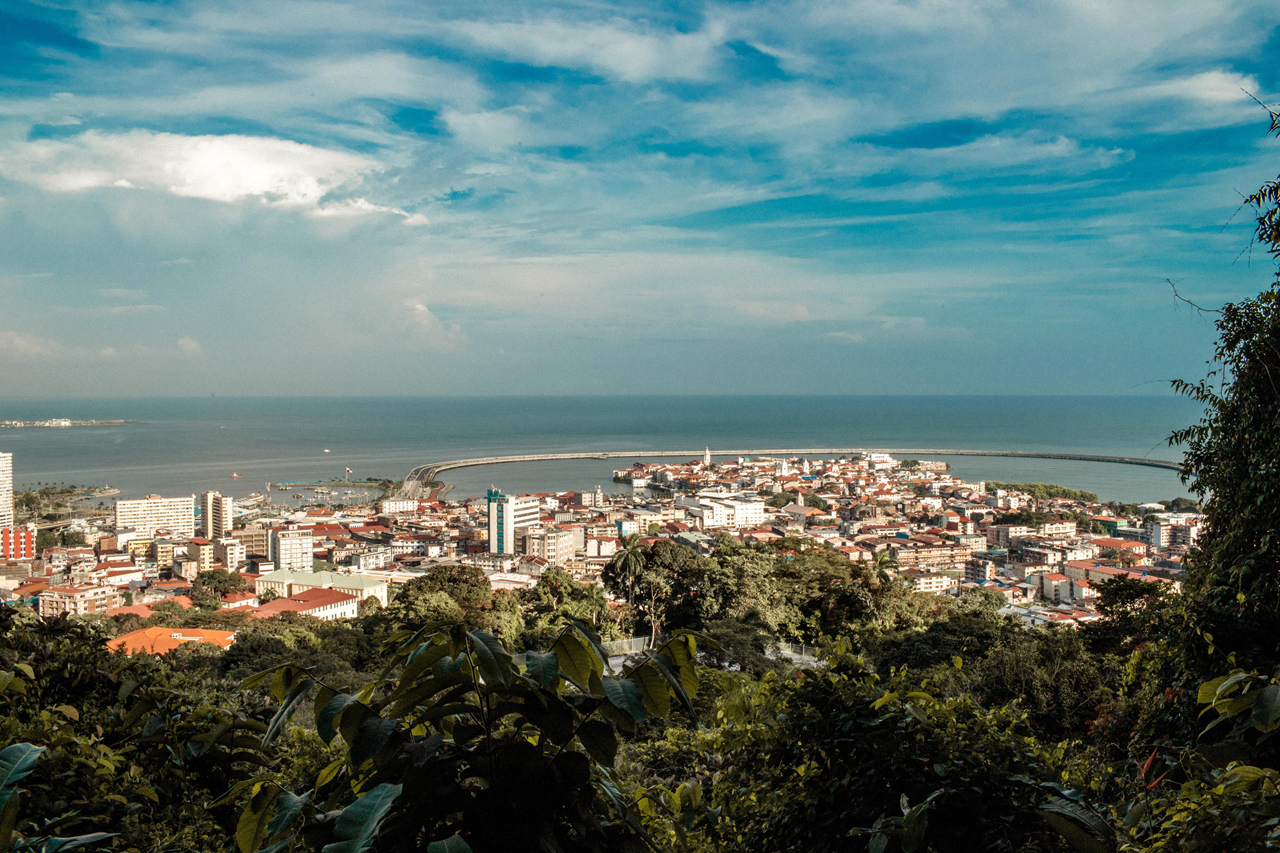
Printed from: www.cmu.ca/programs/estamos/panama
